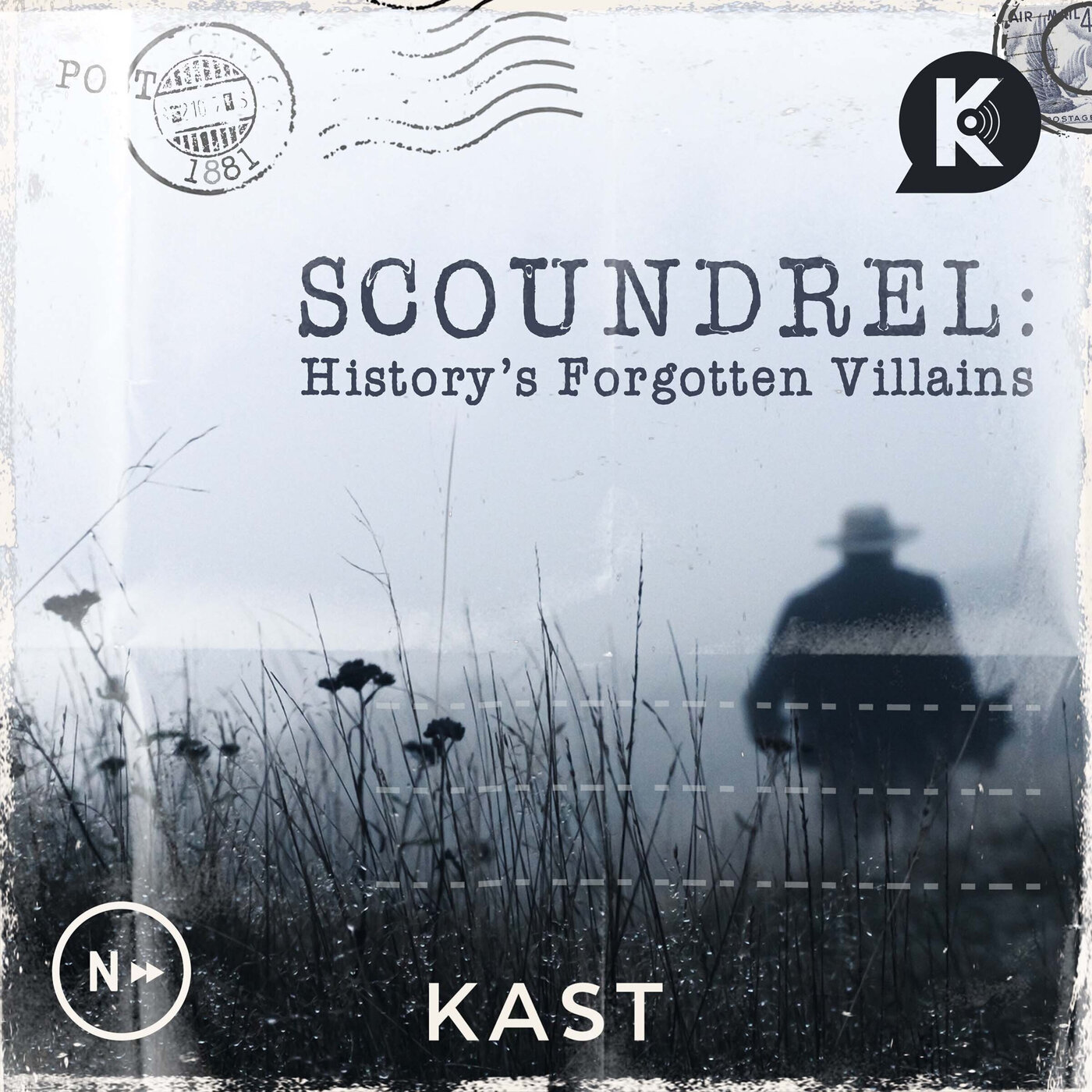
Scoundrel: History's Forgotten Villains
Julian Harvey: Murderer At Sea
Published on Nov 16, 2022, 8:01:00 AM
Total time: 00:53:23

Scoundrel: History's Forgotten Villains
Published on Nov 16, 2022, 8:01:00 AM
Total time: 00:53:23
He had it all. Good looks, a privileged upbringing, the adoration of women...yet in November 1961, Julian Harvey was responsible for murdering almost an entire family while captaining their vacation vessel off the shore of Florida. What made this villain tick and ultimately do the unthinkable? Take a listen now!
Special Thanks To our Sponsors
Story Worth
Go to StoryWorth.com/scoundrel and save $10 on your first purchase!
Aura Frames
From now through Black Friday & Cyber Monday, listeners can get $20 off Aura’s best-selling frames. Just go to auraframes.com/SCOUNDREL
The Jordan Harbinger Show
Check out jordanharbinger.com/start for some episode recommendations, OR search for The Jordan Harbinger Show.
Listen to Scoundrel ad-free, with bonus content, at KastMedia.com/KastPlus
Listen to Scoundrel ad-free, with bonus content at Amazon Music
See omnystudio.com/listener for privacy information.
History consists of heroes and villains (and, I suppose everything in between)... but it's usually the villains who are the most interesting: Their flaws, their quirks, the voids in their hearts that force them to do the unthinkable. These are the characters that fascinate us, that pull us in, that compel us to watch and don’t let us look away. And these are the characters that Scoundrel: History’s Forgotten Villains is all about.
Scoundrel, is a new bi-weekly anthology podcast from Kast Media and the award winning creators of Myths & Legends, that tells the stories of the rapscallions through time who were just a little more adept at hiding their evil from historians than others. By joining them on their treacherous journeys, we not only learn about what makes them tick, but more importantly, the times that created them.
Sidney Gottlieb, George Remus, Thomas Blood, James McClintock. They’ve all done horrible things...on varying scales. If there’s anything we can salvage from their misdeeds and incalculable human suffering, it’s the opportunity to use them to elucidate the times they’ve lived… so that we can better understand ourselves.